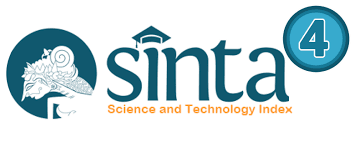MANAJEMEN MUTU TERPADU DALAM PERSFEKTIF AL-QUR’AN DAN TOTAL QUALITY MANAGEMENT
DOI:
https://doi.org/10.34125/jmp.v10i2.535Abstract
Total Quality Management (TQM) is a management approach that emphasizes continuous quality improvement by involving all elements within an organization. The primary goal of TQM is to meet or exceed customer expectations through consistent enhancement of processes, products, and services. In the Islamic context, the concept of quality also receives special attention, as reflected in the teachings of the Qur'an, which emphasize the importance of ihsan (excellence) in every aspect of life. This study aims to examine the relationship between TQM principles and the values taught in the Qur'an, as well as their implications for organizational management, particularly in the context of Islamic education. The research method employed is a literature review, analyzing various relevant sources from both modern management perspectives on TQM and the teachings of the Qur'an. The analysis is conducted by comparing and integrating TQM principles with Qur'anic teachings to identify alignments and their implications in management practices. The findings indicate that the main principles of TQM, such as customer focus, total employee involvement, process-based approach, continuous improvement (Kaizen), and fact-based decision making, align with the values taught in the Qur'an. For instance, the concept of ihsan in the Qur'an encourages Muslims to perform at their best, which is in line with the principle of quality improvement in TQM.
Downloads
Published
How to Cite
Issue
Section
License
Copyright (c) 2025 Jurnal Manajemen Pendidikan

This work is licensed under a Creative Commons Attribution-ShareAlike 4.0 International License.














